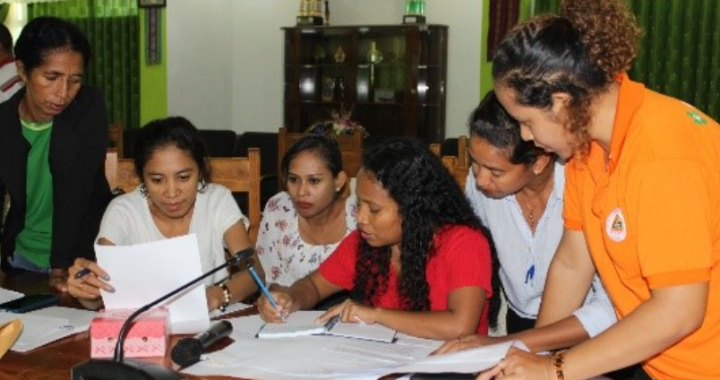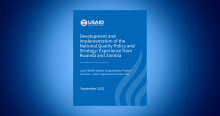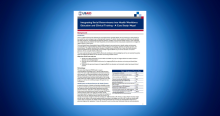Strengthening Governance
Country health policies and regulatory systems that integrate quality objectives can help align different stakeholders in working towards key improvements in health outcomes. LHSS support in this area includes collaborating with Timor Leste to develop a health workforce retention strategy; working with the Ukraine to create a legislative framework for telemedicine; and assisting Jordan to establish a continuing professional development and health workforce relicensing system linked to national quality objectives.
LHSS has also conducted multi-country reviews and produced case studies on developing and implementing national quality policies and strategies.
Knowledge Products
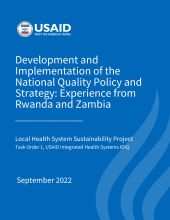
This report details case studies from Rwanda and Zambia which offer unique insights into the operationalization of National Quality Policies and Strategy (NQPS) within broader governance and quality of care reforms.
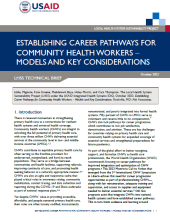
This brief identifies systems considerations for CHW career progression, including health workforce education and training, regulation and policy, management, and financing.
This document builds on the rural retention desk review conducted by USAID’s Health System Sustainability Activity (the Activity). The desk review assessed WHO’s recommendations (WHO 2010) on approaches to increase recruitment and retention of health workers in rural and remote areas considering the Timor-Leste context and the country’s governing laws.
This case study describes and analyzes the Eswatini Nursing Council's efforts to strengthen the competence of nursing graduates to address the population’s health needs by introducing entry-to-practice competencies as the basis for a national licensing examination, and for incorporating Social Determinants of Health into these competencies.
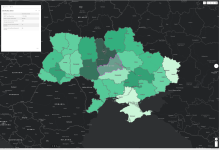
With LHSS support, the Ministry of Health in Ukraine is connecting health facilities with telemedicine equipment, training physicians and patients, and forging other parts of an impactful telemedicine system: policies, transparent financing arrangements for services, and agreed-upon roles among stakeholders.
This case study describes and analyzes Patan Academy of Health Science’s efforts and contributes to the knowledge base on how to maximize the positive impact of integrating Social Determinants of Health into the education and training of health workers.
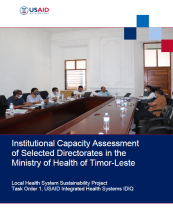
The purpose of Institutional Capacity Assessment is to identify interventions the Activity can undertake in partnership with the GoTL to strengthen their capacities to improve health-system governance and functioning.

